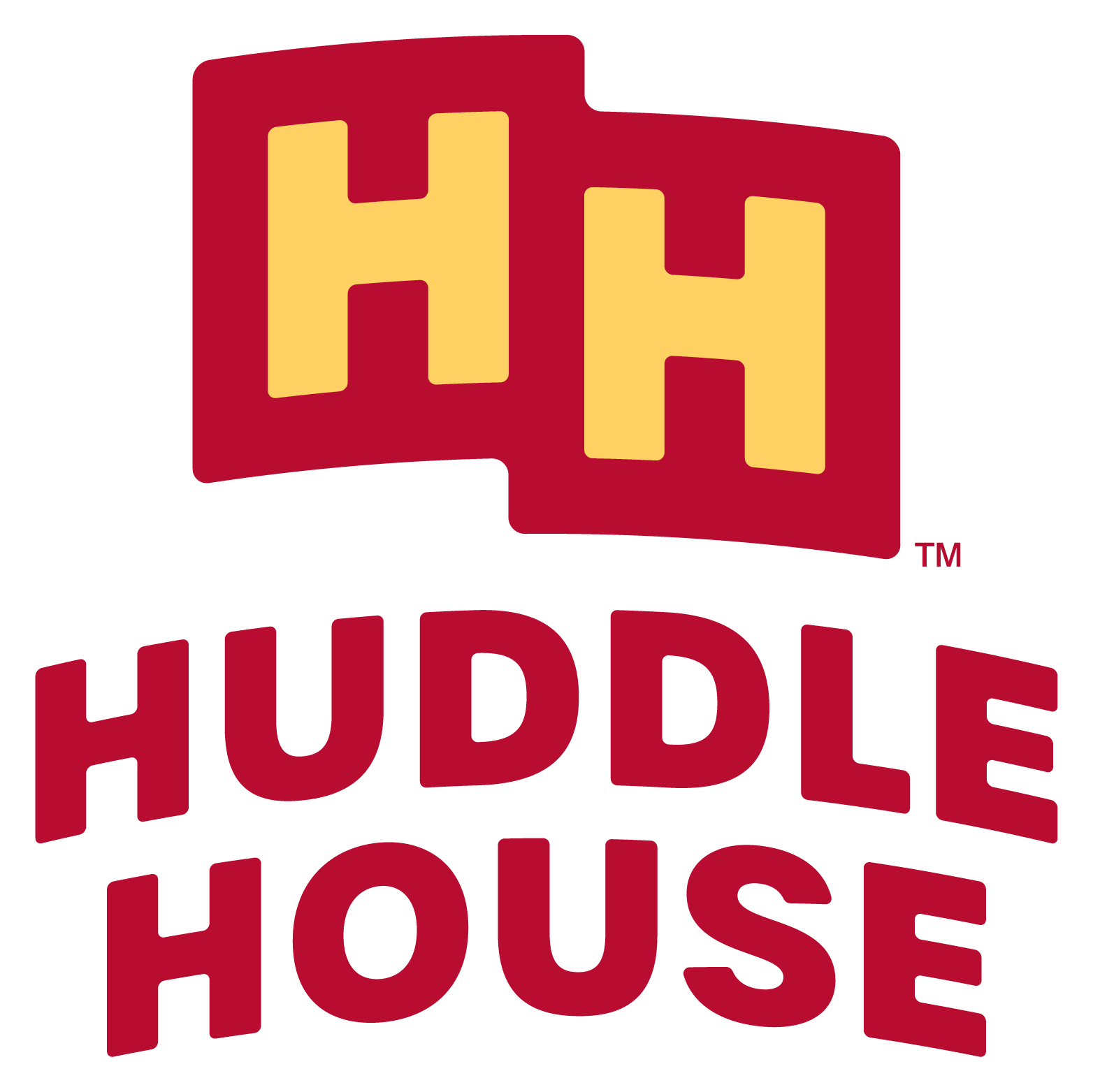Content:
What will opening a franchise cost me? That’s the million-dollar question that every new franchise investor asks when considering opening a franchise. What is the bottom line? Restaurant franchise costs, after all, are the biggest deciding factor in whether or not a franchise brand is worth the investment.
So let’s dive in, shall we? This article will explore the franchise restaurant cost of a typical restaurant franchise brand, considering the usual expenses and what to anticipate during startup and beyond.
Common Restaurant Franchise Costs to Expect
Opening a restaurant business can be an exciting, if complex, adventure. Of course, there will be restaurant franchise costs involved. We’ll separate these costs into two categories—startup expenses and ongoing expenses.
It’s important to remember the restaurant franchise cost will vary due to certain factors. For example, opening a restaurant in a suburb may cost less for your lease, but you may pay more transportation costs for food delivery compared to opening in a more urban center.
Start-Up Expenses
These restaurant franchise costs are typically one-time expenses associated with your new franchise’s opening phase. They’ll likely consist of things like:
- Franchise fee.
- Buildout improvements and decor, which might include permit costs and licenses.
- Kitchen equipment.
- Initial training to learn the franchise system.
- Technology systems, like computers, point-of-sale systems, security, etc.
- One-time fees to turn on utilities at your restaurant franchise location.
- Build your specific restaurant location’s website, if applicable, particularly if your location has unique menu items that aren’t available at all locations.
There may be other one-time restaurant franchise costs you’ll come across as you ramp up your restaurant opening. It’s smart to research the requirements in your area so you know what to expect from your municipality.
Ongoing Expenses
The expenses that repeat monthly or annually are the ongoing restaurant franchise costs.
Some of those that you can expect monthly are:
- Labor, including wages and benefits for employees.
- Inventory: food ingredients, drinks, and paper goods used daily such as napkins, receipt paper, and placemats. Cleaning supplies also count here.
- Utilities, like electricity and water, are categorized as overhead expenses, which are anything that keeps the restaurant operating daily.
- Rent or a mortgage payment is a monthly recurring expense.
- Insurance maintains the proper liability coverage and protection for your investment.
- Marketing and advertising to keep customers interested in frequenting your restaurant, in addition to marketing fees associated with the franchise brand, which helps support the overall marketing messaging.
- Royalty payments to the franchise brand as part of the franchise agreement, which are part of the profit-sharing process of franchising.
Some annual restaurant franchise costs may include refiling franchise paperwork, including associated fees. Annual filing depends on the state where you operate your franchise restaurant, as some states do not require such renewals.
Typical Franchising Fees and What They Mean
You may have already noticed specific restaurant franchise costs mentioned, but what exactly do franchise fees and royalties mean? Our best advice is to check your contracts thoroughly, but here are some general definitions of common terms.
Franchise Fee
The franchise fee is a one-time restaurant franchise cost where you’re essentially paying for the right to use the brand’s name, menu, products, and systems. Franchise fees give you access to the brand’s proprietary business processes. These fees can range from $10,000 to $100,000.
Royalties
Royalties aren’t only for the entertainment business. For restaurant franchising costs, they are part of the profit-sharing structure, wherein franchisees pay the franchise brand a percentage of revenues. Typically, these are paid monthly and range from 4% up to 12% or higher. The franchise brand will spell this out in the Franchise Disclosure Document, or FDD.
Marketing Fees
These are also ongoing expenses, usually paid monthly, and revenue-based percentages to help the franchisor pay for advertising campaigns that benefit the brand and every franchisee. The typical range is between 1% and 4%.
Net Worth and Liquid Assets—Qualified Investors
These aren’t expenses, but they are financial terms that make a difference. Franchise brands want to ensure any investor interested in signing a franchise agreement will have the funding to keep their restaurant going in the initial opening months, particularly in the startup phase.
As such, they’ll set minimum requirements for investors, including how much net worth they have and how much they have available in liquid assets. Such requirements ensure investors can buy equipment, pay startup costs, and fund the restaurant in its crucial opening stages. If an investor meets these minimum requirements, they’re a qualified investor.
When speaking to franchise brands, if they’re quoting major restaurant franchise costs that don’t sound familiar like these terms, be sure to ask questions.
Their FDD should spell out everything that makes up their initial investment estimate (Item 7), and if it doesn’t, reconsider investing.
What Restaurant Franchise Costs to Expect When Investing in a Huddle House Franchise
Qualified investors with Huddle House restaurants get unparalleled support alongside their investment. Many tout the Huddle House franchise model as the easiest one they’ve ever worked with.
In addition, our franchise model is flexible, making it more affordable. Our homestyle vibe resonates in small-town America, so our franchises embrace unconventional locations, including:
- End caps.
- In-line locations.
- Non-traditional spaces like airports and truck stops.
- Restaurant conversions.
Because of this, our initial investment range is $558,035 to $1,443,175, which includes a $35,000 franchise fee. Our restaurant franchise costs are remarkably competitive.
Our supplier relationships and our well-placed distribution centers make it easier for our franchisees to rely on the supply chain and open locations in towns where other restaurants may not dare go. Our franchisees have access to loyal customers who appreciate having a place to huddle and enjoy good food with fantastic hometown service!
Consider investing in a Huddle House, where restaurant franchise costs are affordable, and the payoff is rewarding! Call us today to get started!

